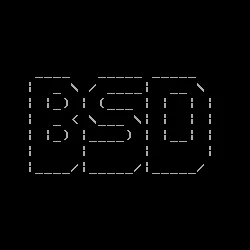FreeBSD Making Progress With Their Linux Binary Emulation & More

The FreeBSD project issued their Q2'2015 status report today over on FreeBSD.org. Some of the highlights include:
- Working towards the FreeBSD 10.2-RELEASE to happen around the end of August.
- HardenedBSD (a FreeBSD downstream) finished up their core implementation of ASLR, Address Space Layout Randomization.
- Bhyve continues to make progress as FreeBSD's virtualization hypervisor.
- The FreeBSD Linux Binary Emulation Layer continues to advance and there's new work in FreeBSD 11.0-CURRENT that should be back-ported prior to the 10.2-RELEASE. By the end of the year they hope to have these emulation layers both for Fedora 10, CentOS 6 32-bit, and CentOS 6 64-bit. They'll also be starting work on a CentOS 7 64-bit framework, which aims to be usable in Q2'2016.
- FreeBSD is making progress on PCI Express hot-plug support.
- FreeBSD has some new ACPI code for enhancing their sleep state handling for modern Intel CPUs.
- The operating system's port to the Cavium ThunderX 64-bit ARM platform now has SMP support and can run on all 48 of the ARMv8 CPU cores for this system. There's also been many bug-fixes and other improvements. The ARM64 code in general for FreeBSD has too improved a lot over the past three months.
- There wasn't much work on the i915 Intel DRM driver for FreeBSD this quarter, but more work is expected in Q3 by September.
- The FreeBSD project has raised over $361,000 from over 500 donors so far this year.
- There's now UEFI boot-loader support for loading/booting from a ZFS file-system.
10 Comments

